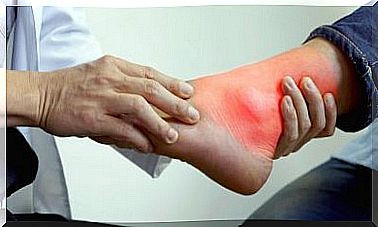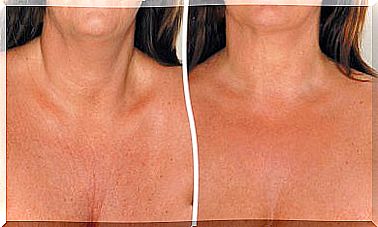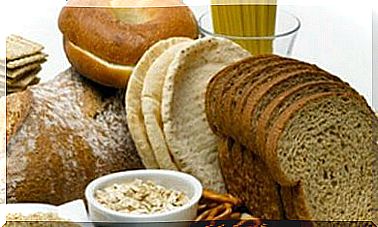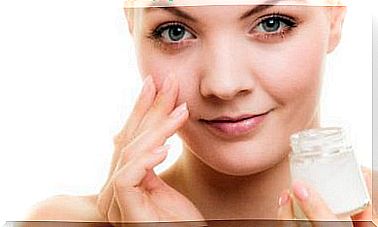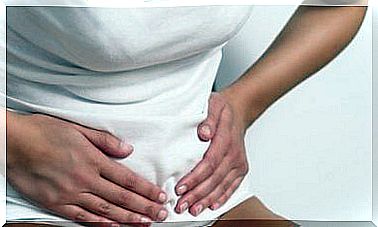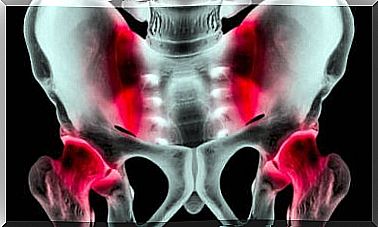3 Symptoms That Indicate A Lack Of Protein
Did you know that chronic fatigue and hair loss can be due to nutritional deficiencies? If so, see a nutritionist to rule out any significant deficiencies.
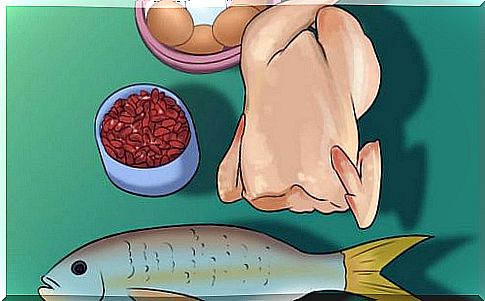
Diet is one of the most important factors in human development. They are very important for the body : the daily energy level depends on the ingredients of the food consumed – to a large extent also on the proteins.
So you could say that food is the fuel of the organism. Hence, their quality affects health and the efficiency with which things are done.
From this point of view, components such as carbohydrates, lipids and proteins are of particular importance. In this article we are going to talk about the last group.
The importance of proteins in diet
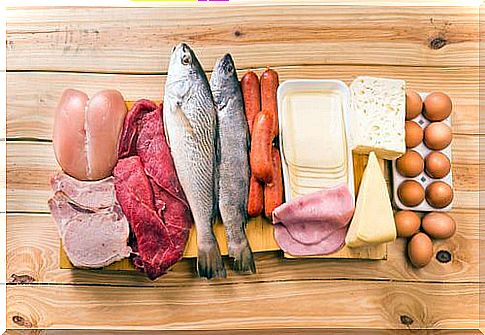
In today’s society, diet imbalance is common. Often there is an increased protein intake.
Due to the changed eating habits , however, there is often a deficit in this important nutrient as well.
It is therefore necessary to know what role proteins play in the organism and what their real meaning is:
- They contribute approx. 15% to the total energy value
- They contribute to the formation of bones, muscles, nails, skin and hair.
- They produce antibodies and thus help fight infections.
- They support weight loss thanks to the strengthening of the muscles.
- They are involved in the production of red blood cells and enzymes.
- They play an important role in the homeostasis of the organism, especially the water it contains.
Symptoms that indicate a lack of protein in the diet
Taking into account the important processes for which proteins are needed, it is necessary to know what the main indicators of a protein deficiency in the diet are.
If you experience any of the following symptoms, it is best to see a doctor (especially a nutritionist) to recommend appropriate treatment or diet.
1. Get sickness easily

Of course, the immune system reacts first to a health hazard. Its functionality is closely related to proteins.
If this important nutrient is not ingested through food, an antibody deficiency is likely: these are protein-based structures.
For this reason, diseases take the slightest opportunity to unfold in the whole body.
2. Decreased muscle mass
One of the most important and common functions of proteins is building muscle.
When you hit the gym, one of the first recommendations you will be given is to increase your protein intake to help you reach your goal (muscle hypertrophy) faster.
If muscles start to atrophy, it may be due to a problem with dietary protein intake.
Over time, they become weaker and muscle mass decreases significantly.
In addition to influencing the aesthetic appearance of people, this also has negative effects on health.
Injuries and cramps are the first signs to appear in the body, especially in the upper and lower extremities.
3. Chronic fatigue

Chronic fatigue is one of the main indicators of a lack of protein in the diet.
It is characterized by the fact that the body is unable to carry out ordinary and ongoing activities, which is possible at any time.
In general, it is exhaustion for no apparent reason, which is why people get worried about this symptom.
4. Skin problems
The skin tissues, which are responsible for the composition of the skin’s surface, require a large number of nutrients in order to perform their basic tasks. This also includes proteins.
When such a deficiency occurs, the skin struggles to produce collagen, keratin, and elastins. These are fundamental in everything that has to do with resistance, elasticity or hydration, among other things.
As a result, the hair is also badly affected; Hair follicles made from proteins are the most damaged.
This hinders the growth process as well as the strength and endurance of the individual strands.
Ultimately, the lack of this nutrient in the diet also encourages the appearance of wrinkles and expression lines on the face.


